Who Were the Greatest of the Greats?
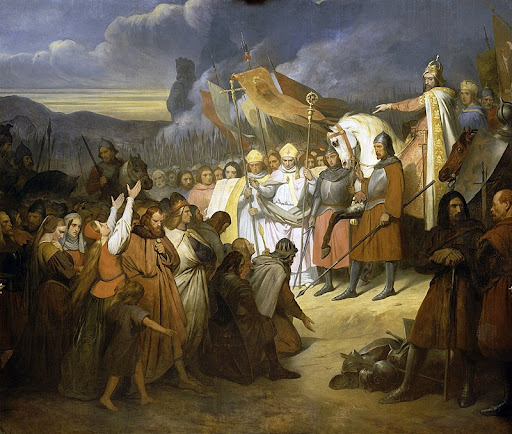
Photo Source: FineArtAmerica.com
November 11, 2022
Many rulers in history have been granted the epithet ‘the Great,’ from counts to kings to emperors. An epithet is a popular word or phrase that is used to describe someone after they have died. But who is most deserving of the epithet ‘the Great’? Which rulers triumphed against incredible odds, which rulers toiled to become the greatest rulers of their times, and who are the greatest of the greats? I was inspired to do this article by my love of history and my realization of just how many people have the epithet ‘the Great.’ The circumstances of someone being called ‘the Great’ are varied, and could come from several sources. The title could come from people of their time calling them that, historians or people from after their death labeling them, or a ruler’s title becoming synonymous with their name because of their historical triumphs, like ‘Great King’ or ‘Great Khan.’ Usually one should be objective with history, and therefore ‘ranking’ people would not make much sense, but for a bit of fun let’s try ranking them by military achievement and their vast territorial conquests.
5. Charlemagne
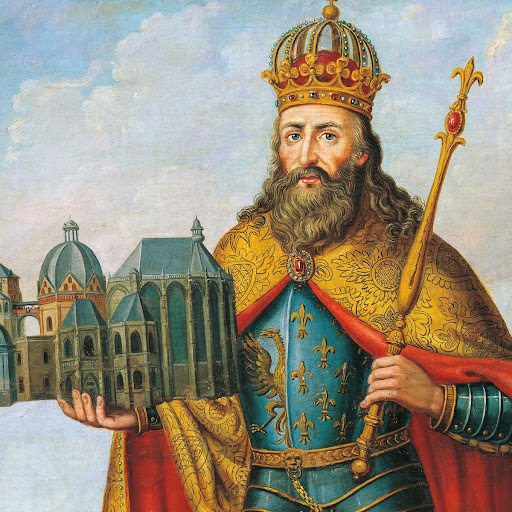
Charles the Great is one of the most famous monarchs of the Middle Ages. He was crowned king of the Franks in 768 A.D., and would later on to conqueror large swaths of western Europe in the decades following. His conquests included the Lombard kingdom at the bequest of the Pope, Saxony, and his capture of parts of northern Spain into his realm. By the 800s, Charlemagne’s realm included the lands of modern day France (excluding Brittany), most of Germany, half of Italy, all of the Low Countries, and most of Austria. Charlemagne was later crowned Emperor of the Romans by the Pope in recognition of his dominance of Western Europe and the decay of the Eastern Roman Empire. Charlemagne led a thirty-year-long conquest of Western Europe while introducing numerous education and religious reforms known as the Carolingian renaissance including early literary reforms.
Today, Charlemagne is known as the father of Europe and his triumphs have definitely earned him the nickname ‘the Great.’
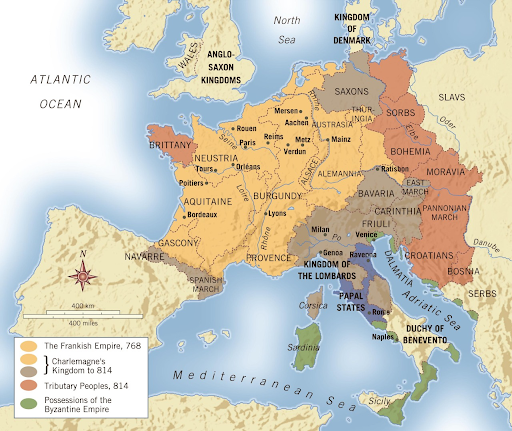
4. Theodoric the Great
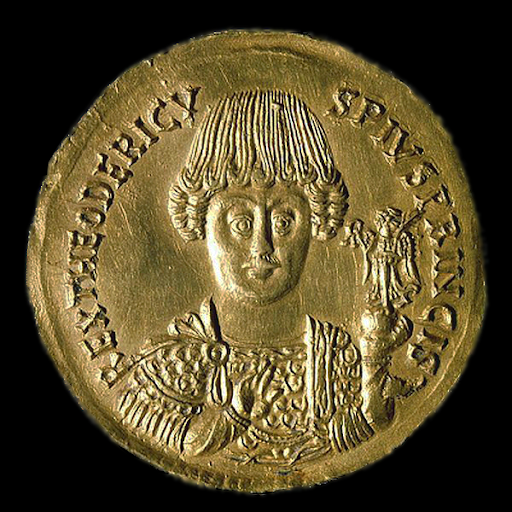
Theodoric the Great was born as the child of an Ostrogoth noble in 454 A.D., and was eventually made a commander of the Eastern Roman empire by Emperor Zeno. Theodoric was able to conquer the entirety of Odoacer’s kingdom of Italy at the Emperor’s bequest, and for a decade controlled large parts of Spain by usurping Visigothic King Gesalec. He also ruled large parts of southern Germany and the Balkans. His fear of going from an unimportant Ostrogoth noble to ruler of much of the former Western Roman Empire is incredibly impressive, and some of his subjects even called him ‘Augustus,’ Theodoric was a fantastic military commander and someone truly deserving of the title ‘the Great.’
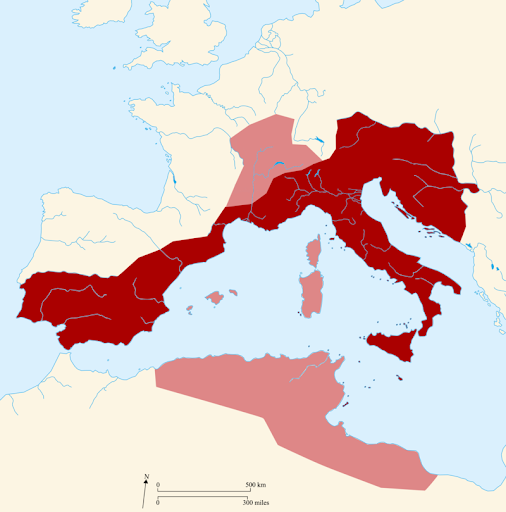
3. Cyrus the Great
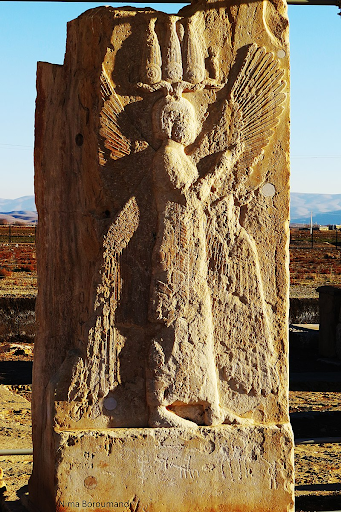
Cyrus II, mainly known as Cyrus the Great, was the king of Persia who eventually became ‘King of Kings’ and ruler of the Achaemenid Empire. He was born in 600 B.C. and would eventually end up creating the largest empire his world had ever seen. Cyrus II started with the conquest of the large Median Empire in 550 B.C., Lydia in around 546 B.C., and eventually conquered the Neo Babylon Empire in 539 B.C. His empire at its peak would span from Anatolia to parts of Kazakhstan. Cyrus II was an early proponent of human rights, issuing the first known declaration of human rights inscribed on the ‘Cyrus Cylinder.’ Cyrus the Great is revered in modern day Iran and a symbol of the now deposed monarchy of Iran.
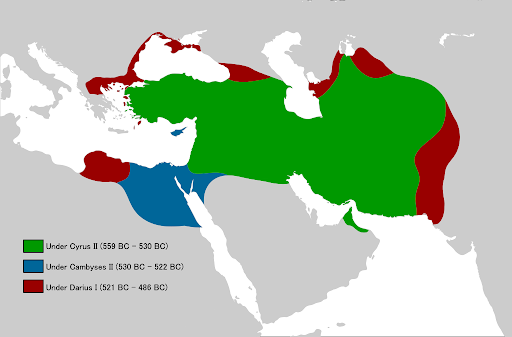
2. Alexander the Great

Alexander III, famously known as Alexander the Great, was King of Macedon who would eventually build an empire extending from Greece all the way to Pakistan. The young king would invade and conquer the Achaemenid empire in almost all of its entirety, defeating its ruler Darius in 331 B.C. and subsequently pursuing him to the ends of his empire. Alexander the Great had also taken Egypt from the Achaemenids, and became its Pharaoh in 332 B.C. Alexander would reach the Indian Subcontinent in 326 B.C., but his homesick soldiers wanted to turn back. In Babylon, (modern day Iraq) Alexander the Great would die at 32 years old of an unknown affliction. One can only wonder how much further he could have gone if he had not met an untimely death.
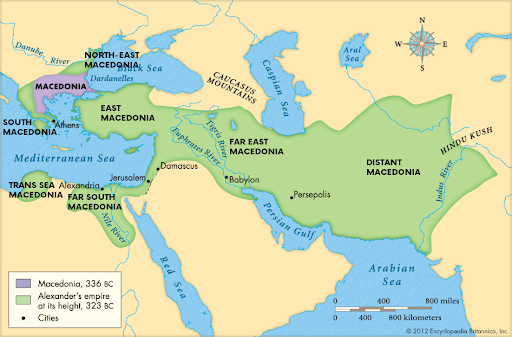
1. Genghis Khan
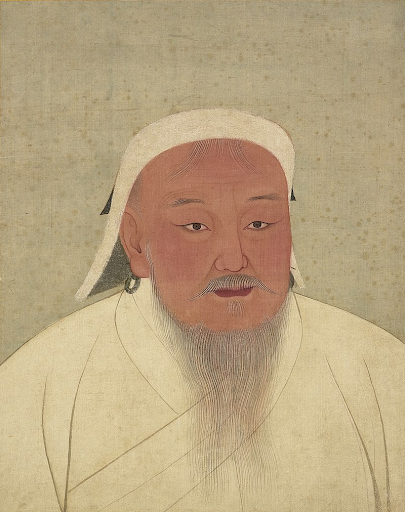
Temujin, who would later become known as Genghis Khan, was one of the most famous conquerors in history. Born in 1162 A.D., he would eventually unite the Mongol tribes as Genghis Khan/Great Khan (or universal ruler of the mongols). An exceptional military commander, he would set out on conquests of northern China, including the capture of Beijing, and would invade the Khwarazmian Empire after its Shah had one of his diplomats killed. Temujin’s empire would eventually span from Northern China all the way to Kazakhstan and north Persia. He was famous for the utter devastation his armies left in the wake of their conquest, and is thought to be responsible for the deaths of about 11% of the world population during his reign. His descendants would later expand his empire and conquer even more of the world.
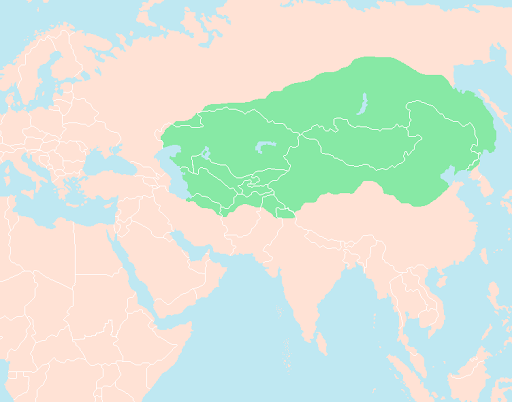

Luke Denahey • Nov 21, 2022 at 11:22 am
As someone who greatly admires history, this was an amazing article! You explained everything so well and had so much information with so much evidence. The pictures of these men are great as well. Really makes this article that much better.
Ben Drescher • Nov 16, 2022 at 9:49 am
I think this is the most interesting article topic I’ve read so far! Very unique subject matter, and it’s something I’ve never really thought about. I can’t believe Genghis Khan was responsible for 11% of the worlds deaths at the time. The dude was quite the human being. I like how you showed maps of how much area they conquered; it gave me perspective into how truly powerful and influential these people were.